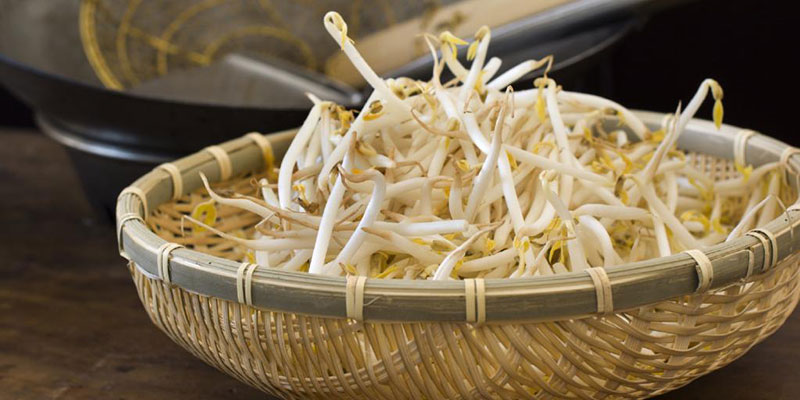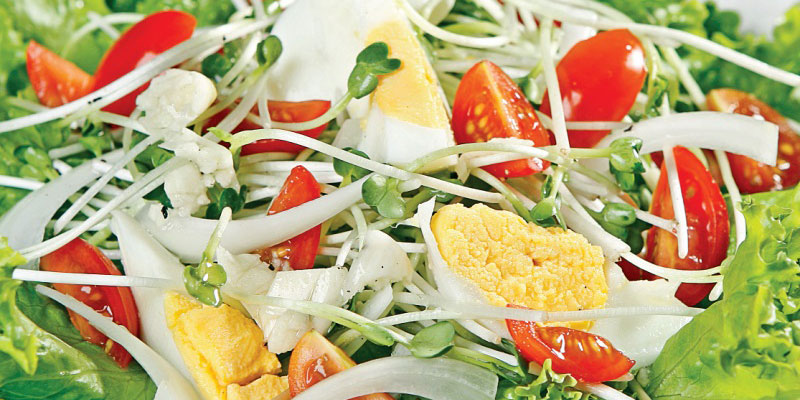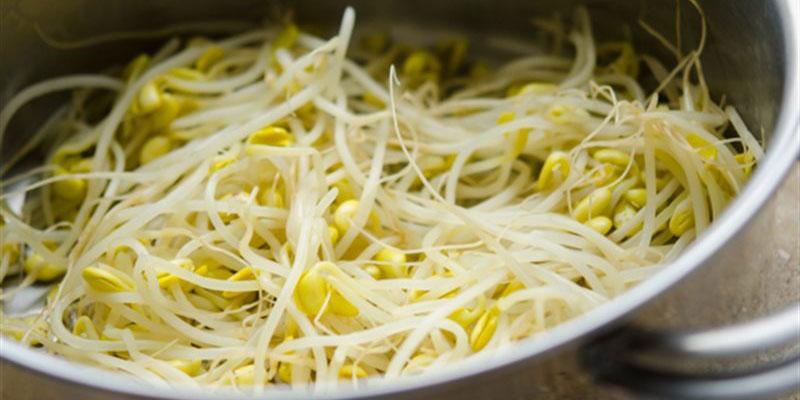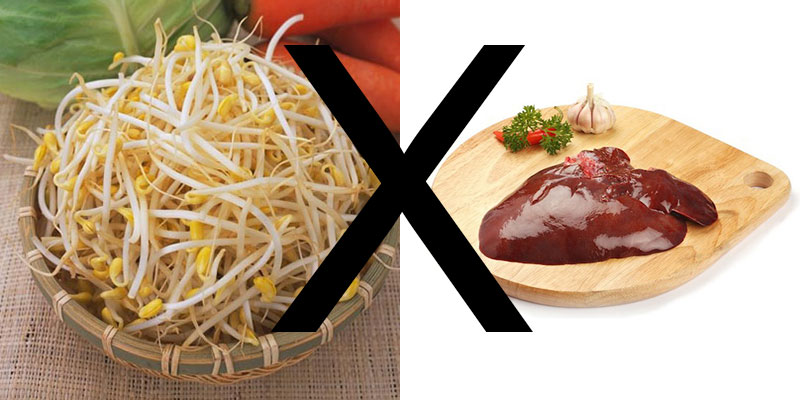Bean sprouts are a popular food choice for many people due to their refreshing taste and nutritional benefits. However, not many are aware that consuming raw bean sprouts carries a high risk of food poisoning. Let’s delve deeper into this topic and explore the potential dangers associated with eating raw bean sprouts.
1 Nutritional Benefits of Bean Sprouts
According to the District 6 Health Center, bean sprouts are packed with essential nutrients such as vitamins A, B, C, E, and K, as well as essential amino acids. They are known to support the treatment of various health conditions, including cardiovascular diseases, high blood pressure, high cholesterol, cancer (especially breast and colorectal cancer), and joint degeneration.
Health experts suggest that raw green bean sprouts have the potential to extend lifespan, improve fertility, and benefit pregnant women. They are also believed to aid in difficult labor and promote overall health during pregnancy.
In cases of unexplained high blood pressure, a decoction of green bean sprouts is recommended. Drinking approximately 100ml of this decoction twice a day, once in the morning and once in the evening, is said to help lower blood pressure.

In traditional Chinese medicine, bean sprouts are believed to possess cooling, detoxifying, thirst-quenching, and diuretic properties. They are also thought to improve digestion and stimulate the production of bodily fluids, making them an excellent choice for hydration. Additionally, bean sprouts are considered a beauty food for women, as they are believed to enhance skin health, aid in weight loss, and regulate female hormones.
2 Raw or Cooked: Which Is Better?
Given the impressive nutritional profile of bean sprouts, it is no surprise that they are a favored vegetable for many. Bean sprouts are incredibly versatile and can be incorporated into a variety of dishes.
Due to their cooling properties, bean sprouts are often consumed raw, especially by women aiming to improve their skin and manage their weight.

However, nutrition experts at Marrybaby advise against the regular consumption of raw bean sprouts. Bean sprouts are typically grown at temperatures ranging from 30-35 degrees Celsius, providing an ideal environment for microbial growth.
Consuming raw bean sprouts increases the risk of ingesting harmful microorganisms and bacteria, which can lead to stomach aches, nausea, and even food poisoning. Furthermore, frequent consumption may elevate the risk of developing cancer.

To make matters worse, some growers use contaminated water to cultivate bean sprouts, and others even add bleaching agents to make the sprouts look more appealing to consumers.
Therefore, despite their nutritional benefits, it is advisable to limit your consumption of raw bean sprouts to minimize potential health risks.
3 Precautions When Eating Bean Sprouts
While bean sprouts offer numerous health advantages, PGS.TS Nguyen Duy Thinh, a former lecturer at the Institute of Biotechnology and Food Technology, emphasizes the importance of taking certain precautions when consuming them:
– Thoroughly wash bean sprouts before consumption to remove any chemical residues, and cook them thoroughly.
– Limit your intake of raw sprouts to no more than 550 grams per day.
– Avoid stir-frying bean sprouts with pork liver, as the trace elements in the liver can neutralize the vitamins in the sprouts, reducing their effectiveness.
– Do not consume bean sprouts while taking medication or on an empty stomach.

Additionally, certain individuals should refrain from consuming bean sprouts altogether:
- Those with weak and cold limbs: If you experience frequent cold hands and feet, lack of strength, back and leg pain, or loose stools, eating bean sprouts may exacerbate these conditions.
- Individuals with an empty stomach: Bean sprouts have a cooling nature, and consuming them on an empty stomach can harm the digestive system. It is advisable to eat bean sprouts alongside other foods during meals.
- People taking medication: Bean sprouts have detoxifying properties, which may interfere with the effectiveness of certain medications. Avoid consuming bean sprouts while taking medication or shortly before/after taking your prescribed drugs.
- Pregnant and lactating women: Due to the high temperature at which bean sprouts are grown, they can harbor bacteria that may be harmful to pregnant women and their unborn children. If you are pregnant or breastfeeding, it is recommended to blanch or cook the sprouts thoroughly before consumption.
In conclusion, to ensure your safety, it is advisable to consume bean sprouts only after they have been properly cooked. This will eliminate any harmful bacteria or microorganisms. If you prefer to eat them raw, be sure to wash them thoroughly and blanch them quickly in boiling water.
Sources: marrybaby, MEDLATEC General Hospital
You may also be interested in:





































